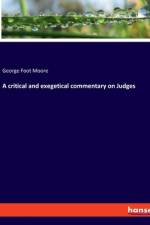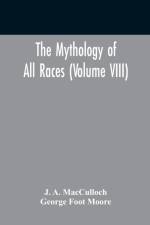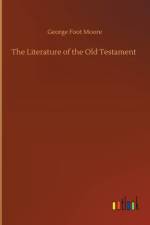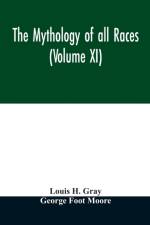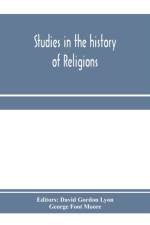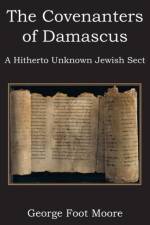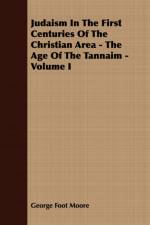av George Foot Moore
195,-
Exploring medieval Jewish fragments Professor Moore illuminates the form of a Jewish sect of antiquity for which little evidence remains. Professor Moore's study reveals his extensive knowledge of Jewish literature and theology.George Foot Moore graduated from Yale University in 1872, where he was a member of Skull and Bones. He was awarded the highest theological qualification - the D.D and was Professor Emeritus 1928-31, Frothingham Professor of History Religion 1904-28, Professor of Theology, Harvard University, 1902-04; President 1899-1901, Professor of Hebrew, Andover Theological Seminary, 1883-1902. Among the Hebrew manuscripts recovered in 1896 from the Genizah of an old synagogue at Fostat, near Cairo, and now in the Cambridge University Library, England, were found eight leaves of a Hebrew manuscript which proved to be fragments of a book containing the teaching of a peculiar Jewish sect; a single leaf of a second manuscript, in part parallel to the first, in part supplementing it, was also discovered. These texts Professor Schechter has now published, with a translation and commentary, in the first volume of his Documents of Jewish Sectaries.1 The longer and older of the manuscripts (A) is, in the opinion of the editor, probably of the tenth century; the other (B), of the eleventh or twelfth. What remains of the book may be divided into two parts. Pages 1-8 of A, and the single leaf of B, contain exhortations and warnings addressed to members of the sect, for which a ground and motive are often sought in the history of the Jewish people or of the sect itself, together with severe strictures upon such as have lapsed from the sound teaching, and polemics against the doctrine and practice of other bodies of Jews. The second part, pages 9-16, sets forth the constitution and government of the community, and its distinctive interpretation and application of the law,-what may be called sectarian halakah.

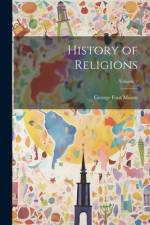
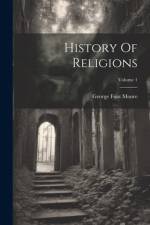
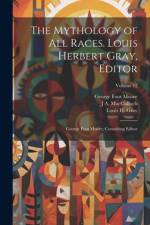




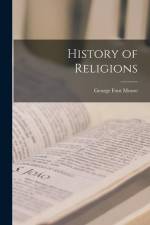
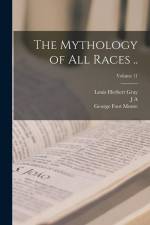
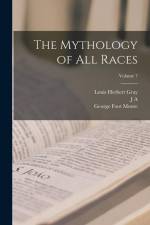
![The Literature of the Old Testament [microform] af George Foot Moore](https://cdnbackdoor.tales.as/thumbnail/150x225/products/00279/41026/the-literature-of-the-old-testament-microform.jpg)
